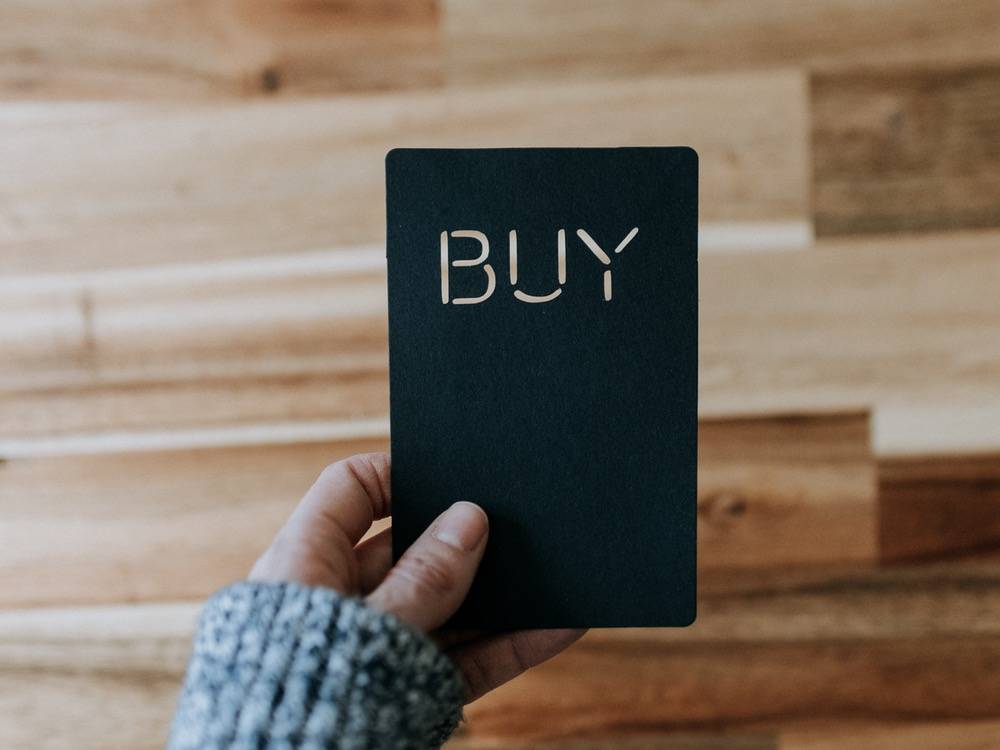
#deinfluencing is the hashtag that caught on in 2023, as a counter-movement or counter-revolution against the over-consumption years past, even before COVID. The deinfluencing movement began on the social media phenomenon TikTok, and then permeated to other platforms.
Consumerism and over-consumerism
Influencers of various following, often pushing products from their sponsors to their followers, were instrumental to how the world has chased after products riding on artificial trends, using various social platforms as sales platforms.
However, are we consuming too much? Are we spending wisely? Are we chasing after brands for brands’ sake, or for actual functionality? Do we have options? Are we seriously considering for the environment instead of treating every product as merely disposable and buying new prematurely?
What is deinfluencing?
Deinfluencing is simply influencing your followers not to purchase particular products, or not to follow certain consumer trends. Often, influencers or deinfluencers can persuade their followers to buy alternative or cheaper products.
For example, instead of buying an expensive “branded” leather handbag, deinfluencers may persuade their followers to buy an unbranded vegan handbag with much more functionality instead. Or, instead of persuading followers to go with the status quo of signing up for expensive annual software subscriptions of particular products, deinfluencers may persuade their audiences to use public domain or open source software instead.
We have options
With the development and sophistication of our modern world, we are often inundated with many more choices of products than we need. Instead of simply and blindly trusting known brands that piled huge advertising and marketing dollars, we can make more informed choices of the spectrum of available products that perform the same or have similar features at much lower costs, or even for free. Also, instead of buying new, refurbished products can be an option too. For example, instead of buying a brand new laptop, there are good refurbished options that can shave hundreds or more dollars from the price tag.
I for one, started buying refurbished laptops about 10 years ago, and used them till the vendors no longer supported the upgrade path for operating systems. To be honest, without shaming some of these vendors, these laptops are perfectly usable even way past the official support of newer operating systems, but some of these vendors just prevented these laptops from being allowed to be upgraded. So, rather than support such vendors’ appetite for profits, I started buying refurbished laptops to shave costs, and also used such laptops until the current or one version earlier operating systems could no longer be used. If we are serious about the earth, then instead of simply listening to “green-washing” postures of vendors, we can take action too.
And, instead of paying for expensive software subscriptions, I tend to look for open source software. For example, for a complete office productivity suite that provides word processing, spreadsheet, slide presentation, math, database management and even illustration, I use the free and open source LibreOffice, which has even more advanced than some commercial software.
So, if we are serious about financial management and also functionality, there are always options. We just need to do sufficient research, test these options if possible, and put in some work and learning.
Deinfluencing and the future
So, while the term “deinfluencing” seems to sound like a bad thing, it is not. We can in fact all be deinfluencers in our own ways, for our own benefits of saving money, and also for the benefit of the greater community. We should widen our perspectives and live our lives our way.

